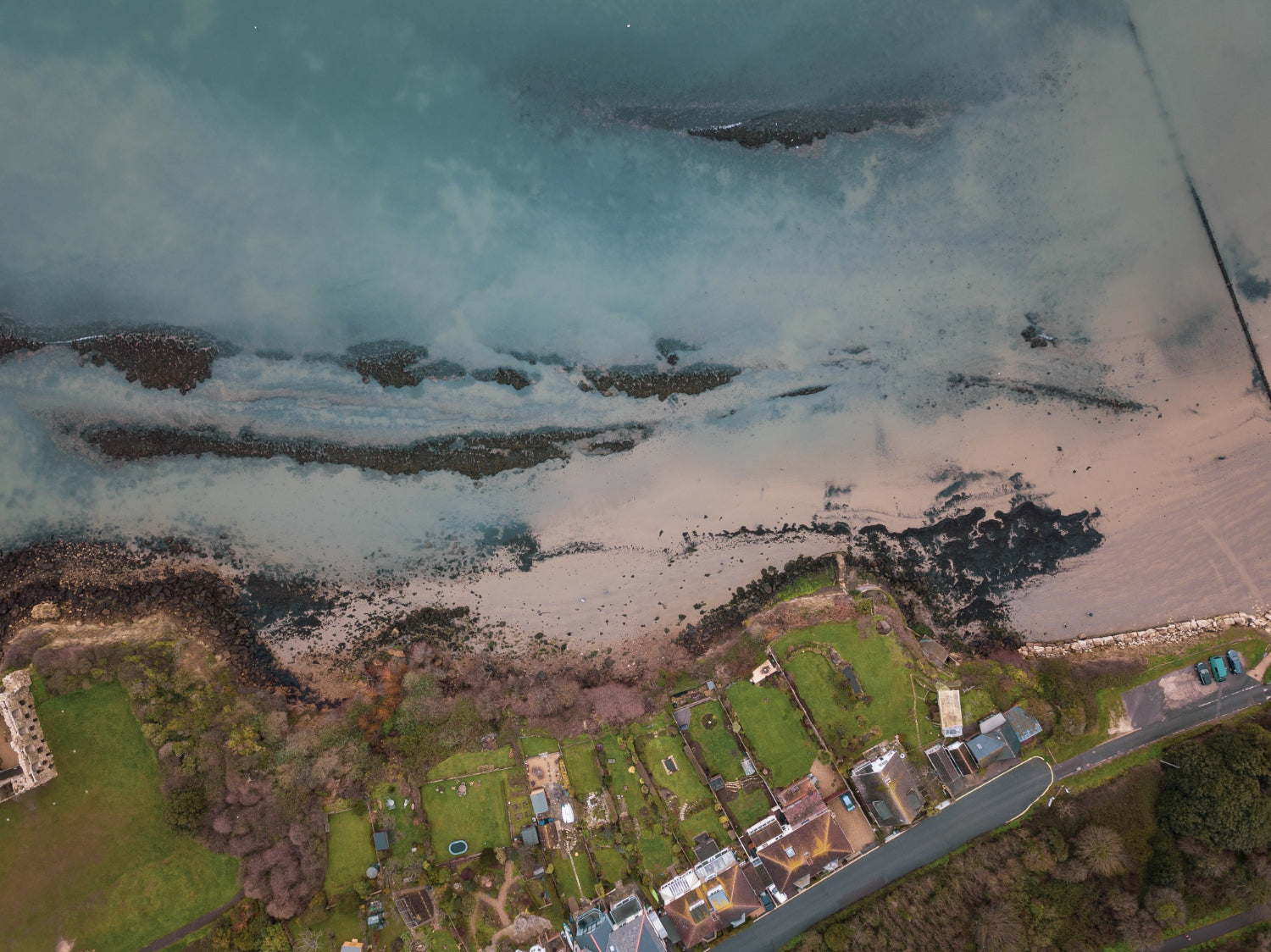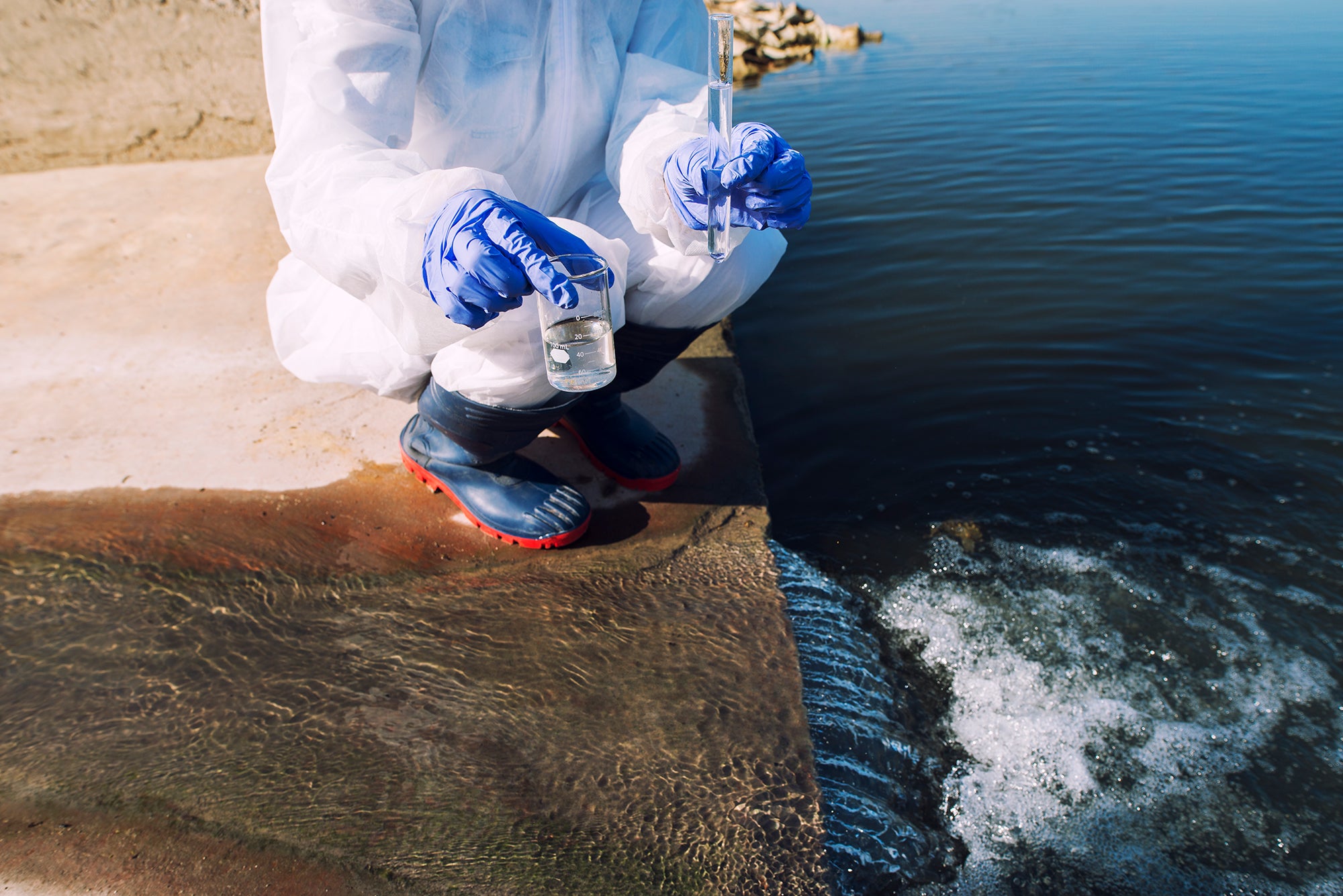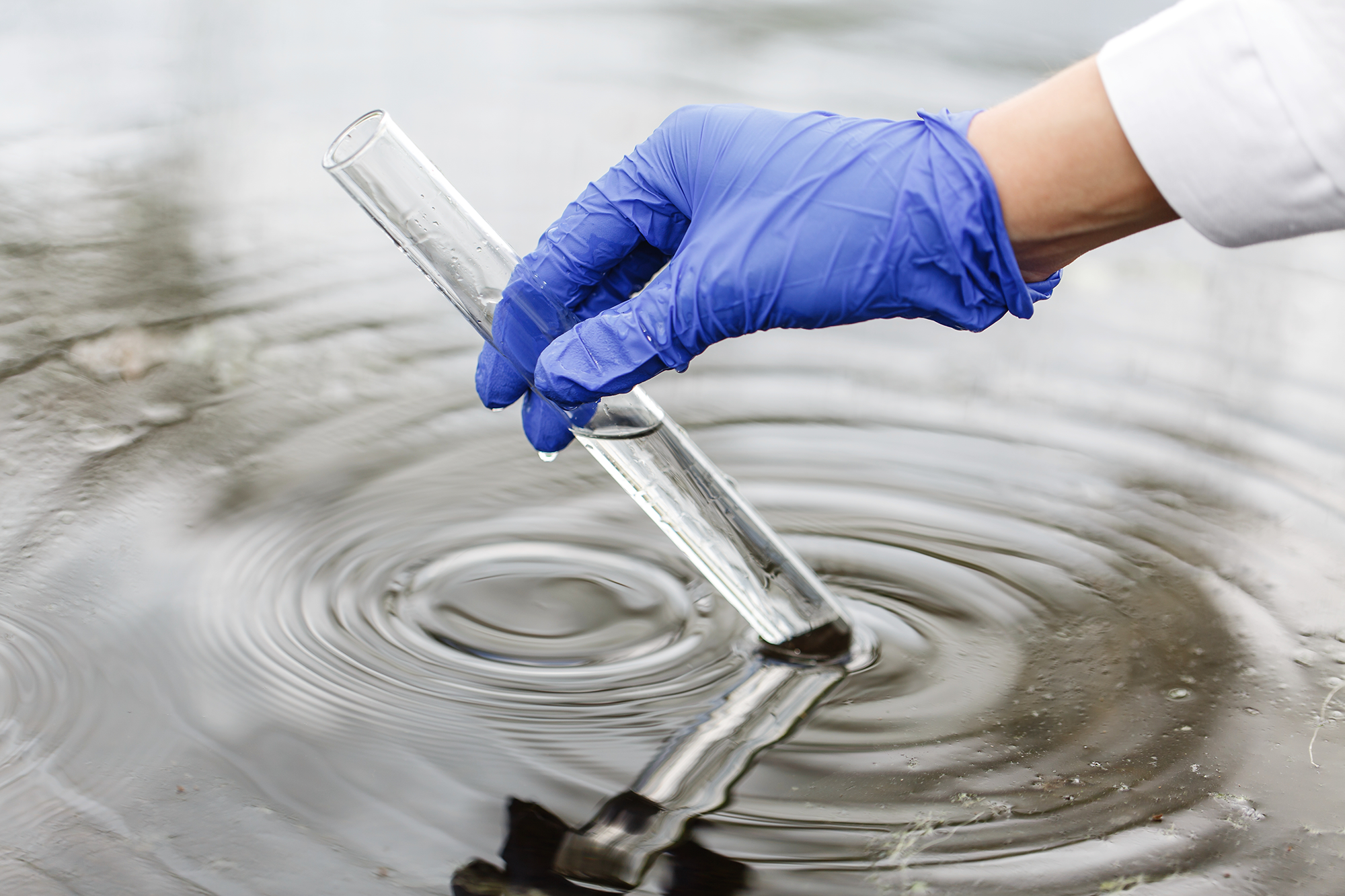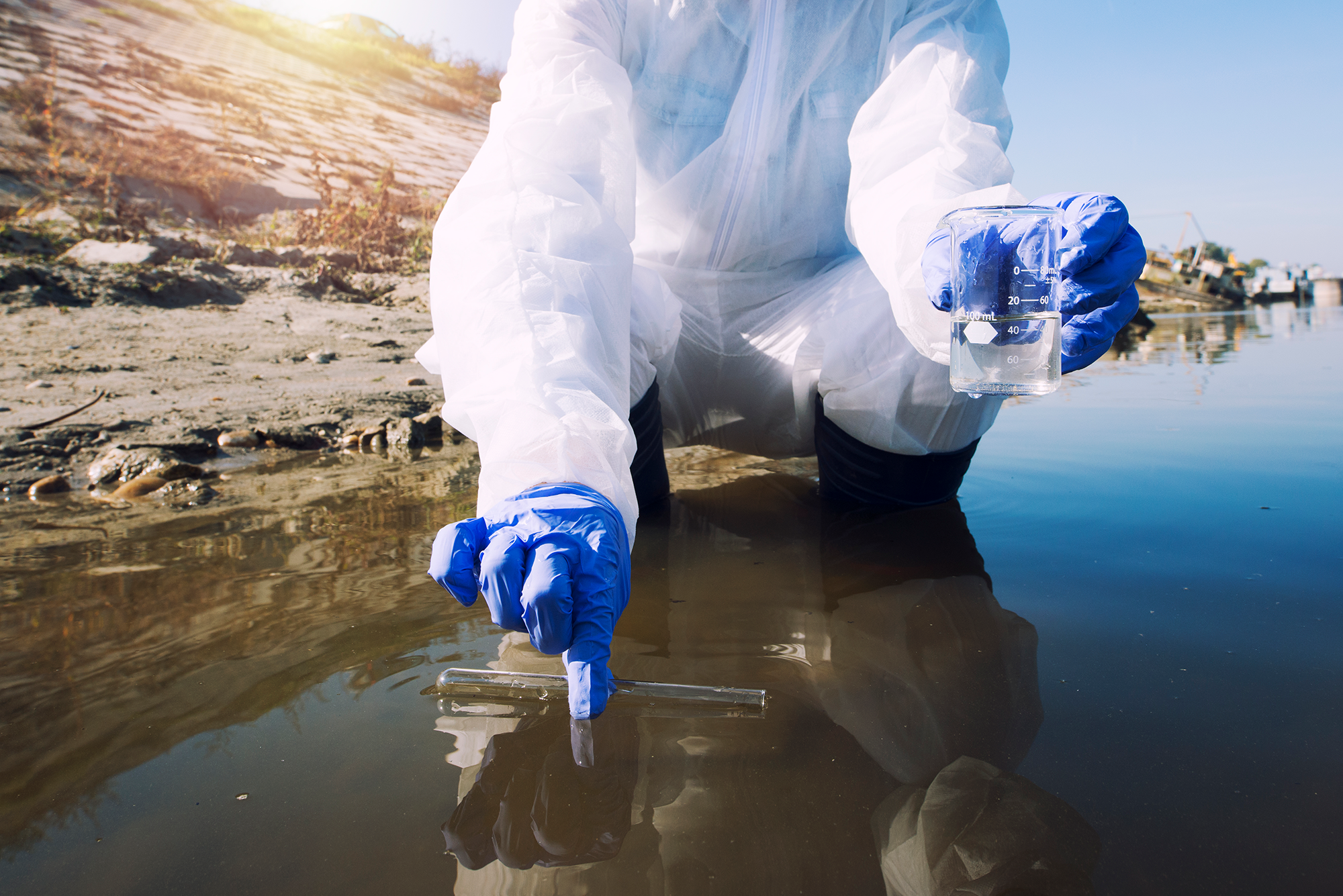
Camp Lejeune Family Lawsuit
For decades, the families residing at Camp Lejeune, a United States Marine Corps base in North Carolina, faced a silent threat lurking in their water supply. What should have been a haven for military families turned into a nightmare of health issues, with devastating consequences rippling through generations. The Camp Lejeune water contamination tragedy stands as a stark reminder of the hidden dangers that can jeopardize the lives of those who serve their country.

Camp Lejeune Lawyer - Toxic Water Exposure
Nestled in North Carolina, Camp Lejeune, once a thriving Marine Corps base, became synonymous with tragedy due to decades of toxic water exposure. The contamination, stemming from a mixture of industrial chemicals, including trichloroethylene (TCE) and benzene, led to a litany of health issues among residents and personnel. Despite the passage of time, the quest for justice and compensation continues for those affected.

Is Camp Lejeune Water Safe Now? Legal Action and Your Rights
The history of Camp Lejeune, a U.S. Marine Corps base in North Carolina, has been marred by a tragic chapter of environmental contamination. From the 1950s through the 1980s, thousands of individuals, including military personnel, their families, and civilian employees, were exposed to toxic chemicals present in the base's drinking water. Trichloroethylene (TCE), perchloroethylene (PCE), benzene, and other hazardous substances had seeped into the groundwater, resulting in severe health consequences for those unwittingly consuming and bathing in the contaminated water.

Camp Lejeune Water Contamination: Your Rights and Benefits
The story of Camp Lejeune is one marked by tragedy and the consequences of environmental negligence. From the 1950s through the 1980s, individuals living and working at the U.S. Marine Corps Base Camp Lejeune, North Carolina, were unknowingly exposed to contaminated drinking water. This contamination stemmed from various industrial solvents and chemicals, including trichloroethylene (TCE), perchloroethylene (PCE), and benzene, which seeped into the base's water supply.
